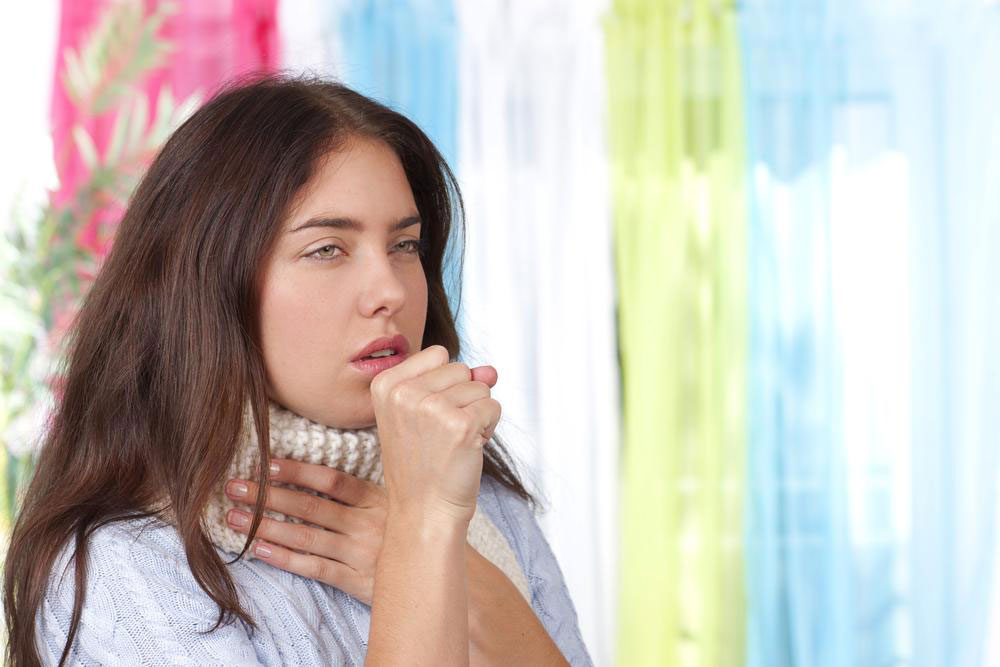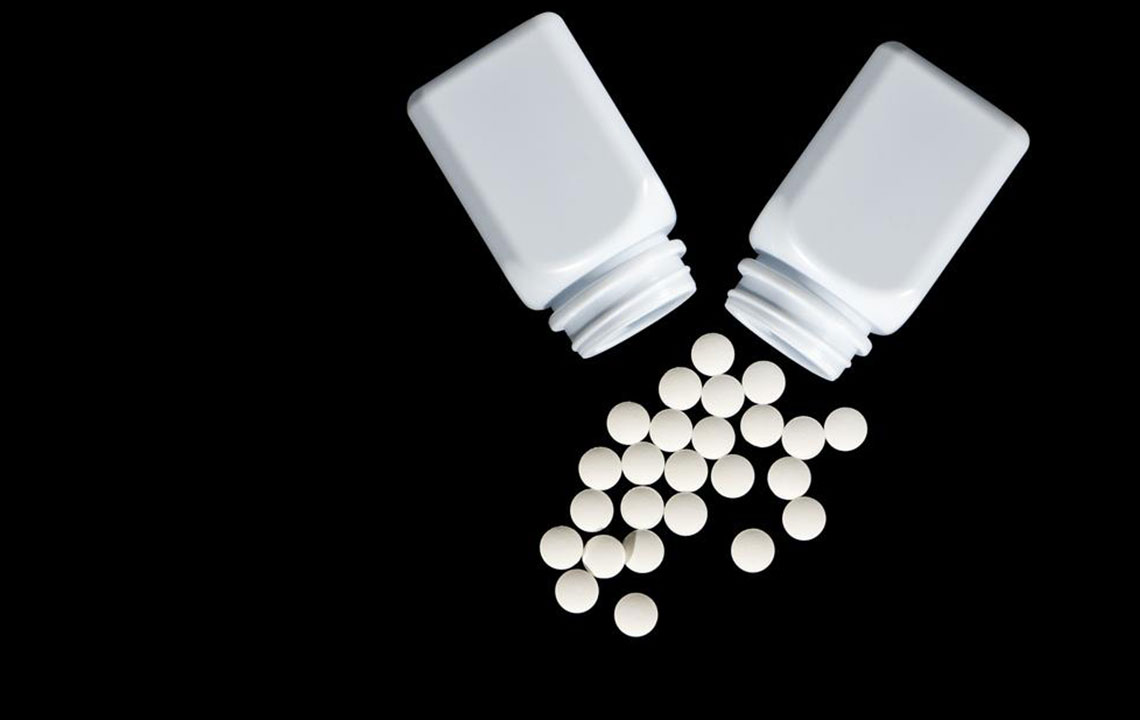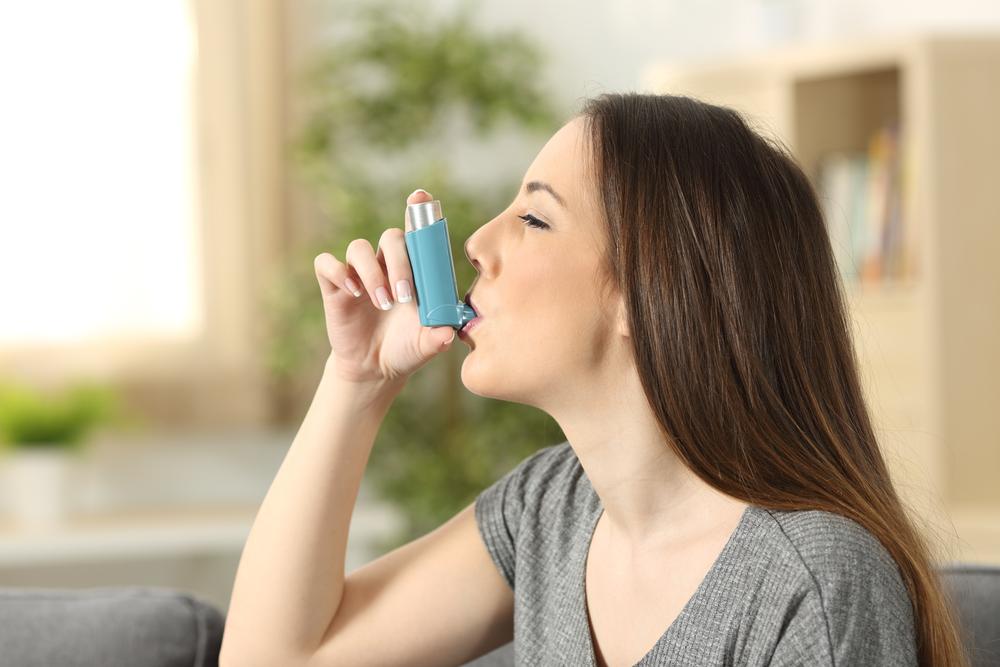Ultimate Guide to Managing Cough from Post-Nasal Drip
This comprehensive guide offers insight into managing cough caused by post-nasal drip. It covers symptoms, causes, triggers, treatment options, and preventive tips, emphasizing early diagnosis and personalized care to effectively control this common condition. Suitable for all ages, the guidance helps reduce discomfort, improve sleep, and prevent complications through practical home remedies and medical advice.

Post-nasal drip leading to cough is a common health concern affecting individuals of all ages, often impairing sleep and causing tiredness. Early recognition and targeted treatment can effectively manage this condition.
What Is Post-Nasal Drip-Induced Cough?
The mucus-producing membranes in the nose, airways, and throat generate mucus daily to trap particles and keep passages moist. Usually, mucus drains down the throat quietly. However, allergies or infections can cause mucus to thicken and increase, leading to a runny nose and post-nasal drip. This excess mucus can block the throat, resulting in a persistent cough lasting weeks if untreated. Consulting healthcare providers is recommended for proper management.
Symptoms, Causes, and Triggers
A cough caused by post-nasal drip can irritate the throat and nasal passages, with symptoms like frequent throat clearing, sore throat, headaches, ear discomfort, sinus issues, hoarseness, and sometimes blood in cough. Triggers include colds, allergies, sinus infections, certain medications, weather changes, dry environments, nasal obstructions, spicy foods, and smoke or chemical exposure.
Effective Management Techniques
Treatment depends on the root cause. Bacterial infections may require antibiotics, while viral infections typically resolve on their own. Antihistamines like diphenhydramine, loratadine, cetirizine, and levocetirizine help reduce allergy- or virus-related coughs but can cause side effects such as dry mouth, dizziness, or drowsiness. Always consult a healthcare professional, especially for children.
Use nasal sprays or cough suppressants for severe coughing episodes. Staying hydrated helps thin mucus, easing its drainage. Devices like neti pots can rinse sinuses. Hot showers or humidifiers add moisture to the air, alleviating breathing difficulties. Warm beverages such as herbal teas or chicken soup soothe sore throats and aid mucus thinning, though they don't cure the cough.
Prevention and Home Care Suggestions
Regular cleaning of your living space, washing bedding in hot water, and dusting reduce allergen levels. Using dust-mite-proof pillow and mattress covers can help. Elevating pillows during sleep prevents mucus buildup. Air purifiers remove irritants, and avoiding smoke exposure is vital. Seek medical help if symptoms worsen, like coughing blood, foul mucus, or high fever. Diagnostic tests, including X-rays or scans, may be needed for deeper issues.
Always consult healthcare providers for persistent or severe symptoms. Implementing proper care and preventive strategies can significantly decrease the frequency and severity of post-nasal drip-related coughs.


